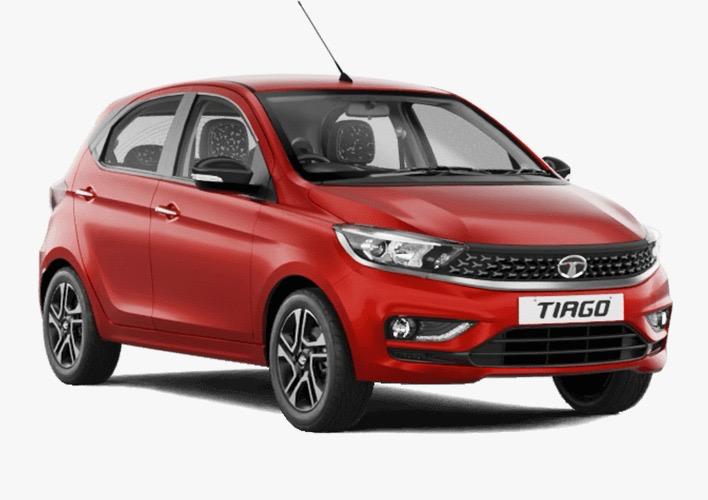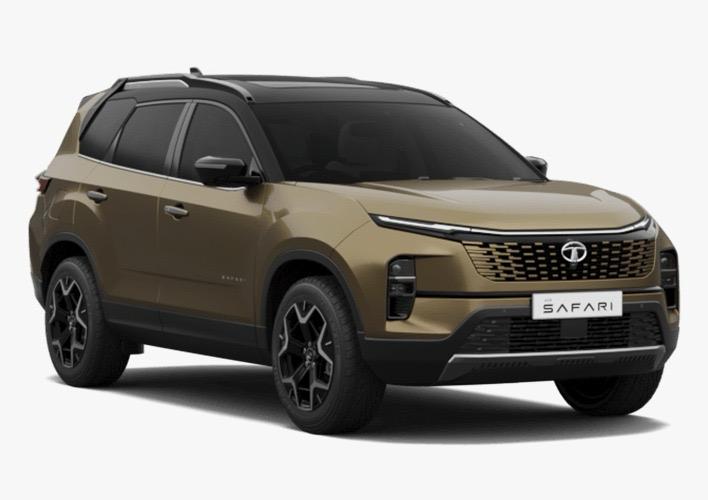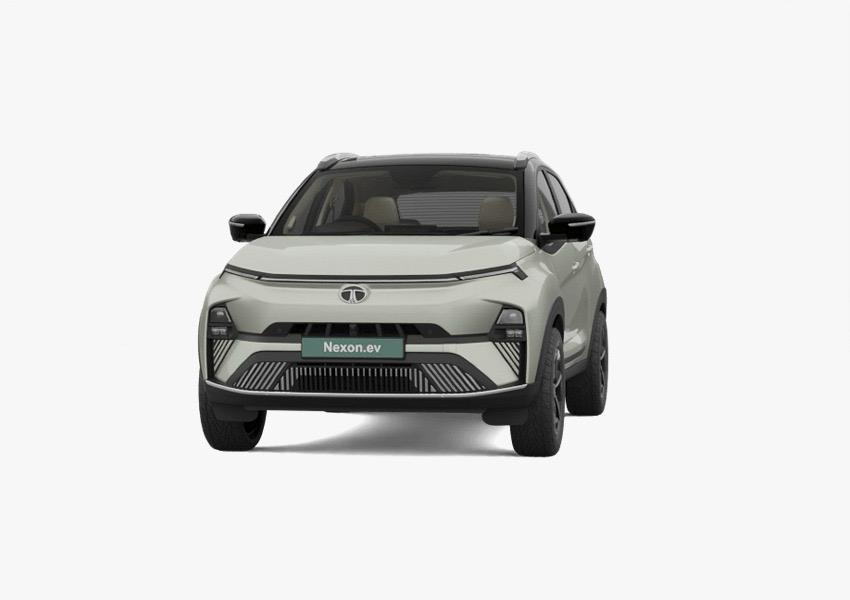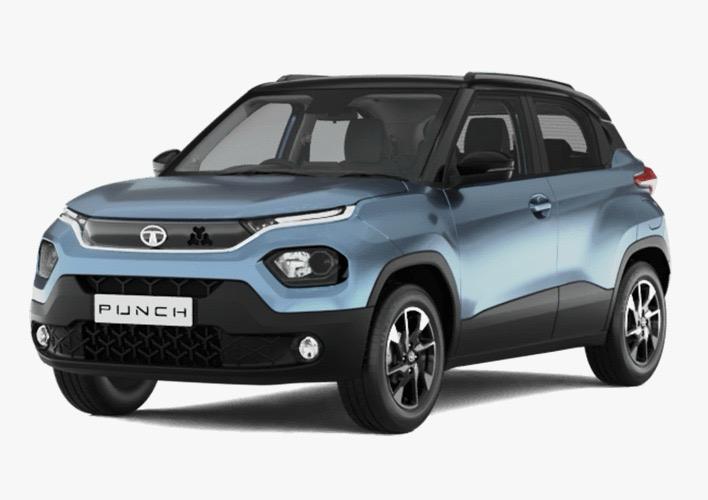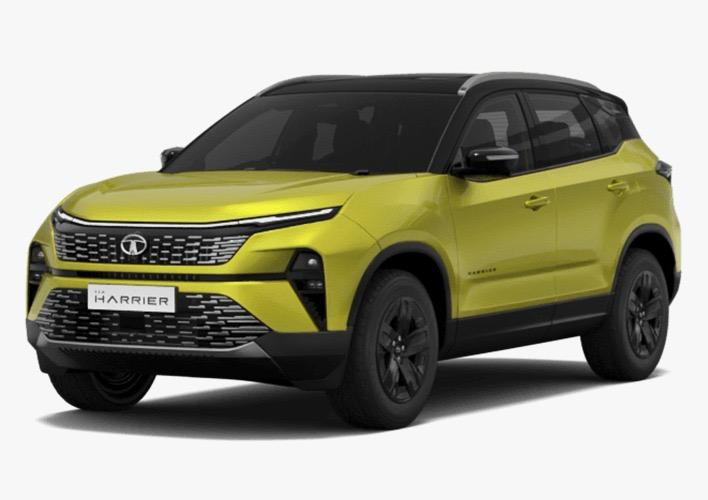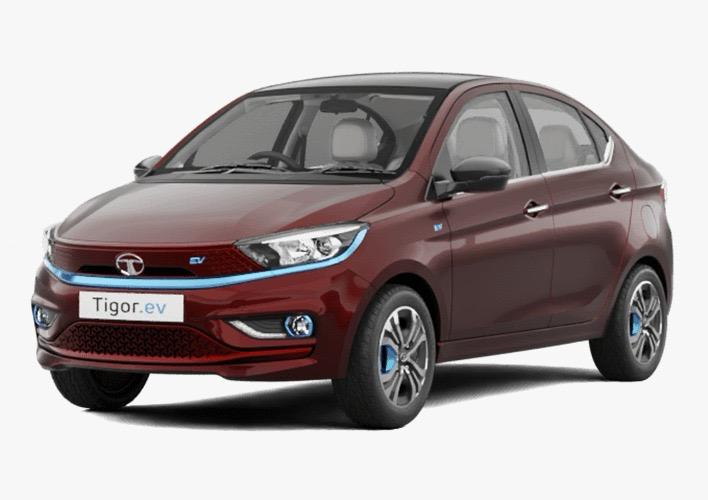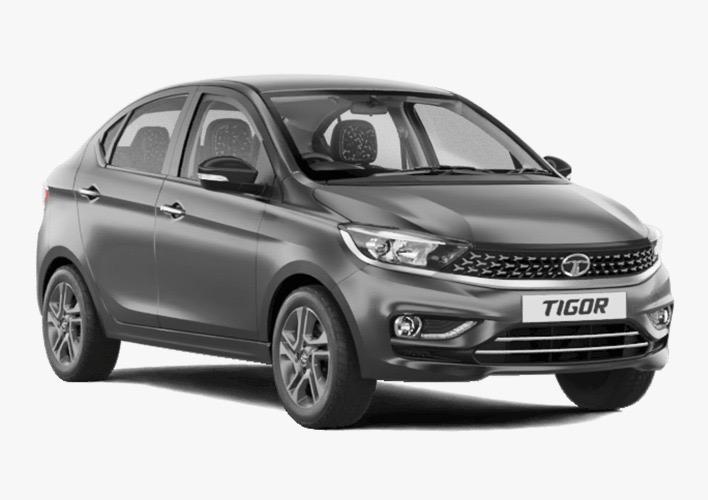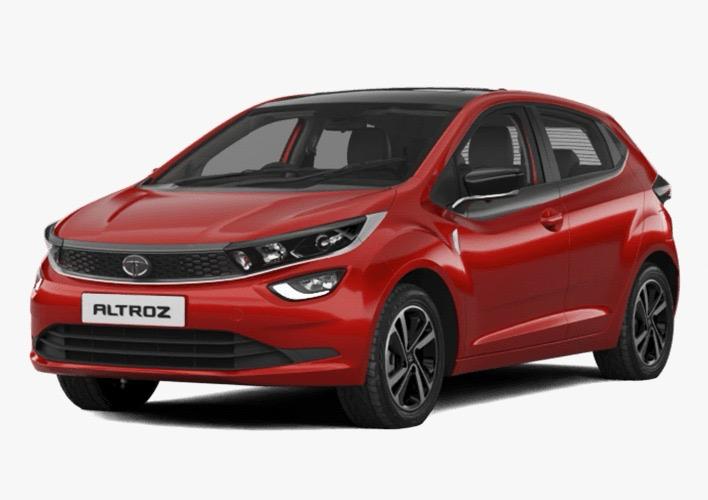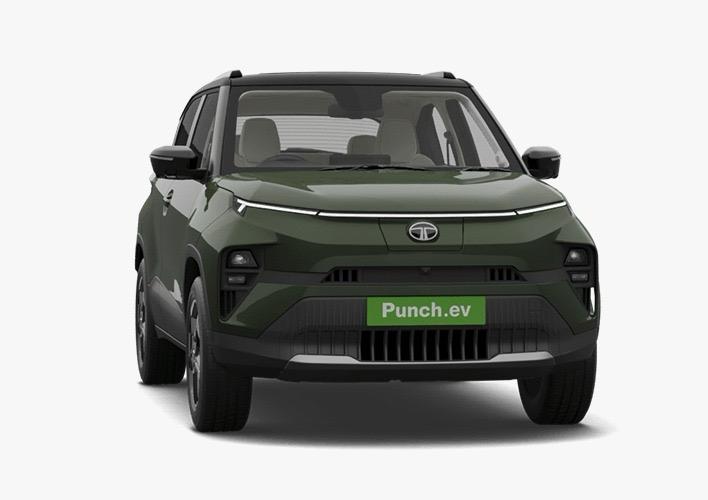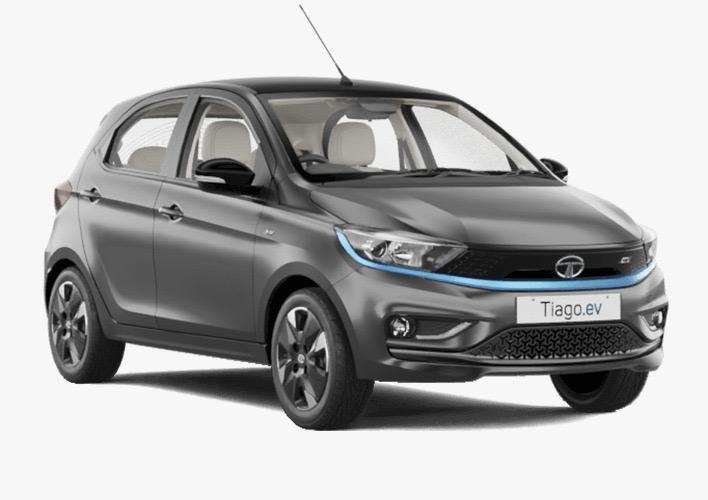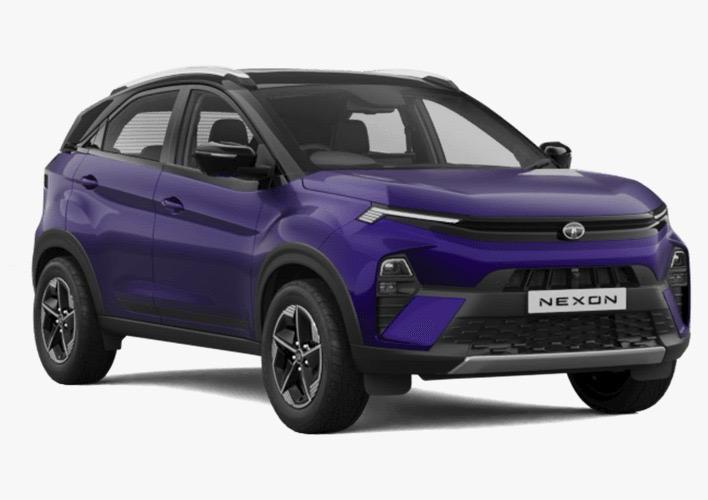Your Shopping Cart Is Empty
Aggressive driving (speeding, rapid acceleration and braking) shall cause wastage of fuel, it can lower your mileage by 33% on highway & by 23% around city limits. Fuel Economy Benefits : 23-33%
While each vehicle reaches its optimal fuel economy at a different speed (or range of speeds), fuel mileage usually decreases rapidly at speeds above 90 Kmph.
Fuel Economy Benefits : 7-23% Fuel Economy Speeds are :| Gear | Indica (Diesel) | Indica (Petrol) | Sumo | Safari |
|---|---|---|---|---|
| 1st to 2nd | 15 | 10 | 20 | 25 |
| 2nd to 3rd | 25 | 20 | 35 | 40 |
| 3rd to 4th | 40 | 30 | 60 | 65 |
| 4th to 5th | 60 | 40 | 80 | 95 |
Idling gets 0 Kms per litre. Cars with larger engines (i.e have higher CC) typically waste more fuel at idle, than cars with smaller engines do.
A vehicle that is well maintained means it will operate with greater efficiency. This not only improves your overall vehicle performance, but it will improve your fuel economy as well.
Fouled spark plugs, a dirty air filter or clogged fuel filter will all affect your fuel economy. It is oberved that replacing a clogged air filter can increase your mileage by 10 percent, while replacing an oxygen sensor could result in an improvement as high as 40 percent.
Underinflated tyres require more energy to roll, which translates into more frequent fill-ups. You can improve your fuel economy by about 3.3 percent if you keep your tyres inflated properly, The psi number noted on the sidewall of your tyres is the maximum pressure of the tyre and is not the proper inflation level for your car.
Fuel Economy Benefits : 3.3%
Cars are designed to start in the lowest gear possible because that's where they have the most power, but that power translates to an increase in fuel consumption. To improve your fuel economy, drive in the highest gear possible when you are cruising at a steady speed, such as on the highway.
Avoid driving with your foot resting on the clutch pedal as it may cause clutch slippage, resulting in more fuel consumption and premature wearing of the clutch. Your car has a withdrawal design and maximum torque gets transmitted when the pedal is fully released..
A little planning can make a big difference in fuel economy. When your engine is cold, it uses more fuel than when it is warm. Combining errands can improve your fuel mileage because your engine will be warm for more of the trip. It might also mean you travel less total miles. Several short trips each beginning with a cold start can use twice as much fuel as a single, longer trip that covers the same distance.
Running your air conditioner does cause your vehicle to consume more fuel, but driving with your windows rolled down can be even worse due to the increase of drag on the vehicle. If you are driving slowly, such as around town or in city traffic, then you are better off leaving your windows open, if at all possible. For highway driving, roll up the windows and turn the air conditioning on.
Keeping your car washed and waxed improves aerodynamics and therefore affects fuel economy. There is a 7% improvement in fuel economy.
Fuel Economy Benefits : 7%
